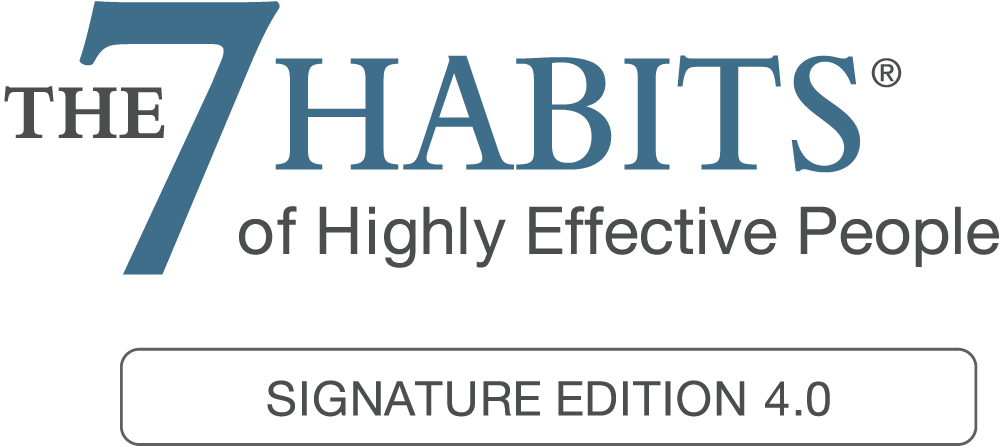We've become conditioned to think that working hard merely means working long hours. But does it matter how much you work if you don't deliver great results? Most of us have heard the cliché "work smarter, not harder," but we often do little to heed its wisdom.

Working smarter means getting the best results with the least amount of wasted time and energy. It requires stepping back to think through how we work, not just how much work we do or how many hours we log doing it. If you work efficiently for the same number of hours you're working now, how much more could you accomplish? Try implementing these five techniques and see.
Prioritize Tasks
Prioritize work projects based on the amount of work involved as well as the scheduled due dates. Allow a sufficient amount of time for each project, but set a timer for yourself as a challenge to get the work done faster. Don't jump back and forth between tasks. Focus on one at a time, using a productivity technique known as "chunking," and allow yourself to be absorbed in doing good work. When the timer goes off, take a break and switch gears onto a different kind of task to keep yourself engaged.
Keep a Clean Workspace
If you want to work faster, it's helpful to have everything accessible and organized. The more time you hunt through files—or worse, piles on your desk—the more distracted you become. A clean workspace helps clear your mind, too. Keep your desk in order and your computer desktop clutter-free so you can get right to the task at hand. Spend a little time each day putting your work away and cleaning up, so your workspace is ready for your best work when you return.
Minimize Distractions
When working on projects, try to minimize any distractions. Lower the ringer on your cell phone and store it away from view. Turn off any other noise, such as television programs, or any music that doesn't help you focus on your work. Establish expectations with your co-workers and shut your door to avoid disturbances. Don't avoid socializing with your colleagues, but keep it to break times so you're not bouncing in and out of work mode.
Avoid Busywork
It's easy to gravitate toward tasks you can quickly check off the list. Especially when you spend the whole day feeling distracted and unproductive, knocking out some mindless busywork sounds pretty nice. But often those tasks aren't helping you deliver good results. Set a limited time each day to check off any necessary busywork, but save your best hours for your most important tasks.
Break up Big Projects
A major project can seem too overwhelming to tackle. You keep pushing it to the bottom of the pile, even though you know it's important. Instead of avoiding it, try breaking that big project into a series of small tasks. Choose a few to complete during the week and plan those into your work. The feeling that you're making progress toward a big goal will inspire you in your other tasks.
Smart Work
When it comes to working productively, the degree of effort you put into a project does not always mean a quality product will result. If tasks take too long because you're tired, distracted, or disorganized, it's a clear sign you're working too hard.
To be an efficient and productive worker means prioritizing your work and allowing sufficient time to do it correctly. Practicing good work habits will ensure positive, consistent results. The most important step you can take toward working more efficiently is to make a plan that you can follow each day.













